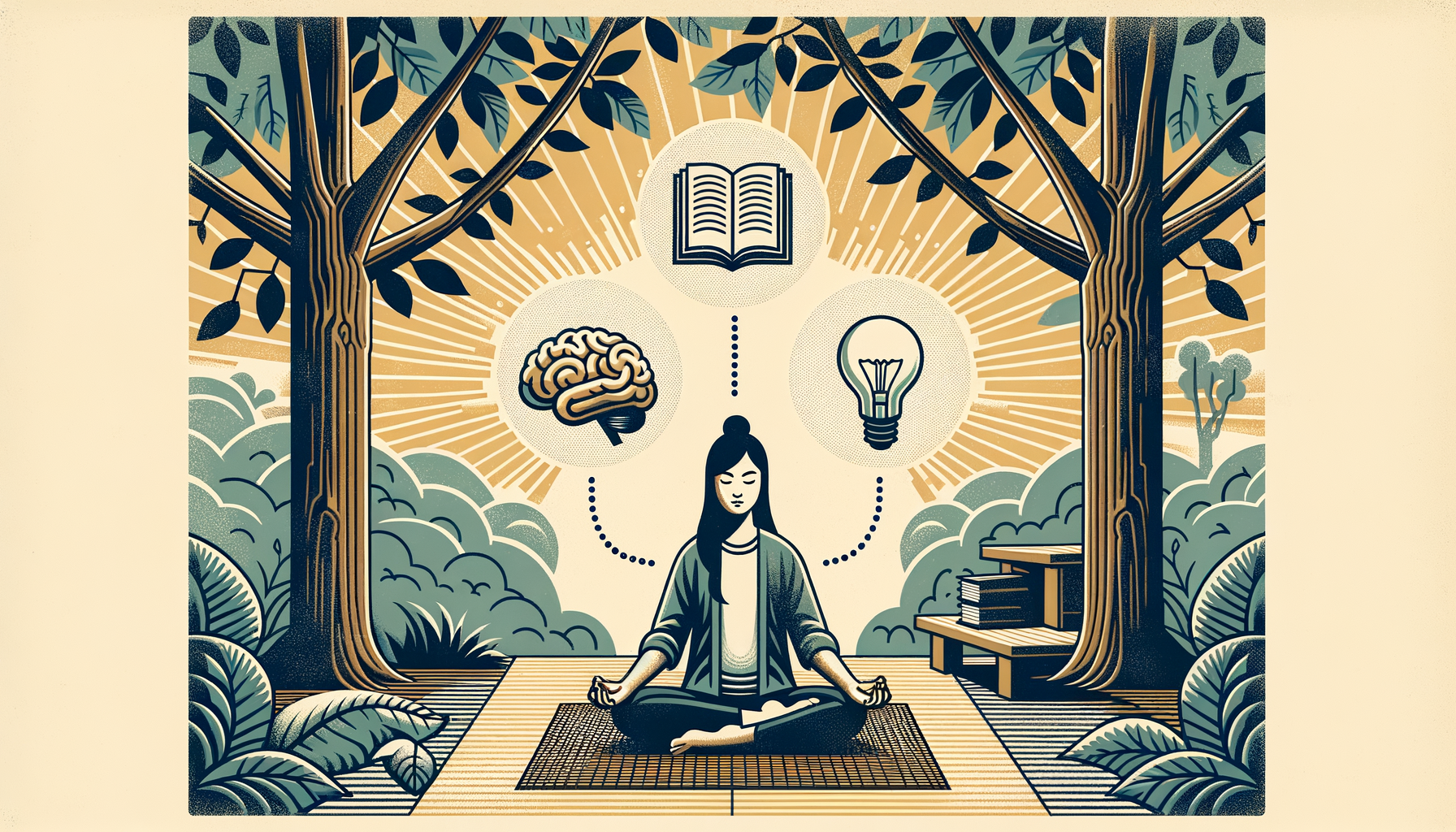Introduction
In the labyrinth of life, the mind is our compass, our guiding star. It is the epicenter of our thoughts, emotions, and perceptions, the crucible where our decisions are forged. The wellness of this cognitive powerhouse is thus of paramount importance. This article delves into the intricate relationship between cognitive wellness and rest, exploring the profound impact of the latter on the former.
Understanding Cognitive Wellness

Cognitive wellness, a term that reverberates with profound implications, is the state of mental clarity and alertness. It is the ability to absorb, interpret, and respond to the world around us. It is the canvas upon which our memories are painted, the crucible where our thoughts are shaped. Cognitive wellness is not merely the absence of mental illness; it is the presence of mental vitality.
Cognitive wellness is a multifaceted gem, reflecting various aspects of our mental functioning. It encompasses memory, attention, perception, reasoning, and problem-solving. Each facet is integral to our overall cognitive health, contributing to our ability to navigate the world effectively and efficiently.
The brain, the seat of our cognitive functions, is a complex network of neurons, constantly firing and rewiring. This neural plasticity is the cornerstone of our cognitive wellness. It allows us to learn, adapt, and evolve, shaping our thoughts, memories, and behaviors. Cognitive wellness is thus a dynamic state, fluctuating with our experiences and interactions.
Cognitive wellness is not a static state, etched in stone. It is a fluid, ever-changing landscape, shaped by a myriad of factors. Genetics, lifestyle, environment, and even our thoughts and emotions can influence our cognitive health. It is a delicate balance, a tightrope walk between wellness and illness, resilience and vulnerability.
Importance of Rest
Rest, often overlooked in our fast-paced world, is a vital ingredient in the recipe for cognitive wellness. It is the pause that refreshes, the silence that rejuvenates. Rest is not merely the absence of activity; it is a state of tranquility, a sanctuary for the mind.
Rest plays a pivotal role in cognitive wellness. It is during rest that our brain consolidates memories, processes experiences, and replenishes its energy reserves. Rest is the fertile soil in which the seeds of our thoughts and ideas germinate. It is the crucible where our cognitive functions are honed and refined.
Rest is not a luxury; it is a necessity. It is the fuel that powers our cognitive engine, the balm that soothes our mental fatigue. Deprivation of rest can impair our cognitive functions, clouding our judgment, and hampering our decision-making abilities. It can disrupt our emotional equilibrium, casting a shadow over our mental well-being.
Rest is not a passive state; it is an active process. It is a time of introspection, a journey into the depths of our mind. It is a time of healing, a period of renewal. Rest is the bridge that connects our conscious and subconscious mind, the conduit through which insights and inspirations flow.
Rest Techniques for Cognition
Rest is not a one-size-fits-all concept; it is a personalized experience. Various techniques can facilitate rest, each with its unique impact on cognitive wellness. These techniques range from sleep and meditation to relaxation exercises and mindfulness practices.
Sleep, the most fundamental form of rest, is a powerful cognitive enhancer. It is during sleep that our brain consolidates memories, processes information, and rejuvenates itself. Sleep is the golden chain that binds our health and our bodies together. It is the silent guardian of our cognitive wellness.
Meditation, a practice steeped in ancient wisdom, is a potent tool for cognitive wellness. It calms the mind, enhances focus, and promotes mental clarity. Meditation is the journey to the center of our being, the voyage to the realm of tranquility. It is the oasis of peace in the desert of chaos.
Relaxation exercises, such as deep breathing and progressive muscle relaxation, can alleviate stress and promote cognitive wellness. These exercises are the keys that unlock the door to tranquility, the pathways to mental serenity. They are the anchors that ground us in the present, shielding us from the storms of worry and anxiety.
Mindfulness, the art of being present, is a powerful rest technique. It enhances our awareness, sharpens our focus, and fosters mental clarity. Mindfulness is the lens that brings our world into focus, the compass that guides us to the present. It is the beacon that illuminates our path to cognitive wellness.
Conclusion
In the grand tapestry of life, cognitive wellness and rest are interwoven threads, each enhancing the other’s hue. Rest is not merely a pause in our hectic lives; it is a vital component of our cognitive wellness. It is the sanctuary where our mind rejuvenates, the crucible where our cognitive functions are refined. Embracing rest is thus not an act of indulgence; it is an investment in our cognitive wellness.





